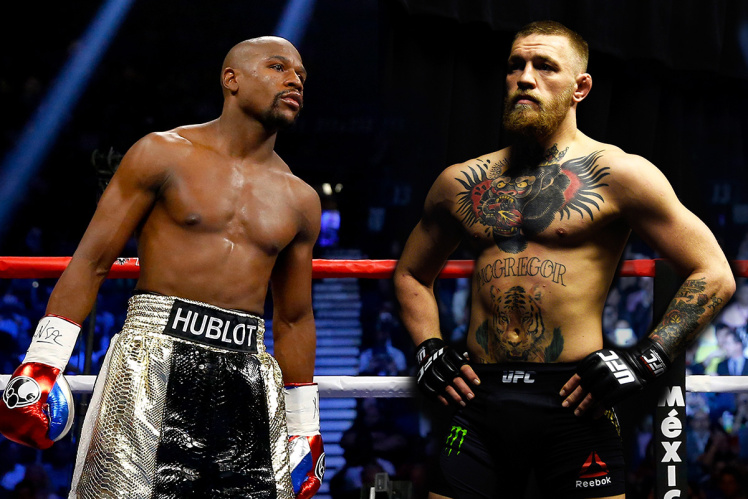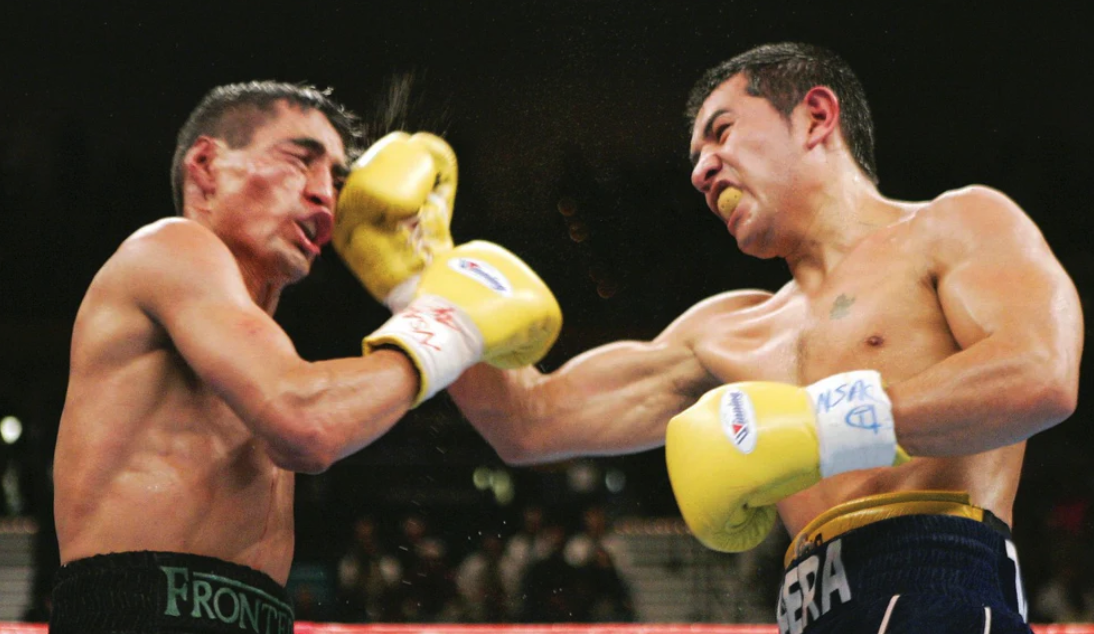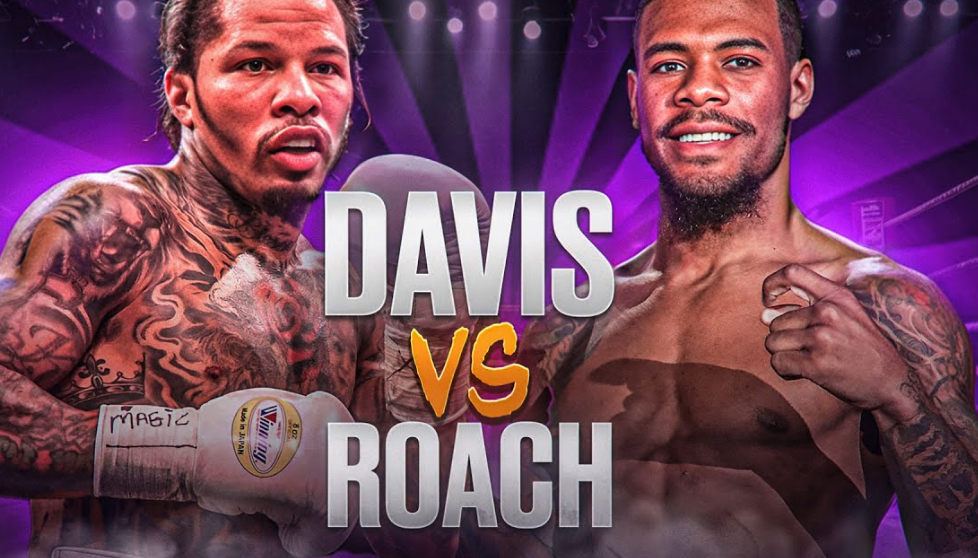How Many Mayweather-McGregor Matches Do we Need for Betting Policies to Change?

This year's super-event between Floyd Mayweather Jr and Conor McGregor had a massive media coverage and attracted many to the betting shops in Nevada. Unfortunately for all other states, we must say, as Nevada is the only state where sports bets can be placed - legally. Currently, sports betting of all kinds, online or otherwise, is banned at a federal level in the United States, which leaves millions of punters with no means to experience how to bank it or blow it when betting on sports, and states themselves without a big bunch of tax revenues.
How much money are we talking about?
Sports betting is a pretty lucrative business. This year, punters have wagered (legally, that is) over $65 million on the Mayweather vs McGregor super-fight alone, which is a record amount bet on a boxing match. The press speaks of several million-dollar bets placed on the match, too. The all-time record amount wagered (legally, that is) on a sports event in Nevada is $138.5 million in bets placed on the Super Bowl. This, of course, means a lot of money for the bookmakers - and a lot of money for the state.
According to the estimates of GamblingCompliance, the leading source of global gambling intelligence, the US sports betting market could be worth over $12 billion a year should the federal ban on the business be lifted. A separate study has revealed that such a measure would increase the interest of the public in sports, sports TV channels, thus increasing the revenues of all parties involved. This would be a win-win situation for all parties involved.
Illegal sports betting
Despite being banned in the vast majority of American states, sports betting is not exactly inaccessible to American punters. There are offshore betting operators taking wagers over the internet - they are legitimate businesses, perhaps in a legal gray zone, but not paying a dime in taxes in the United States. In "real life", there are underground bookmakers taking cash bets from the public, sometimes with organized crime behind their backs. In 1999, the National Gambling Impact Study Commission has estimated that the illegal sports betting market in the US to be worth anywhere between $80 and $400 billion. While this figure is heavily exaggerated - estimates put the global (legal, that is) betting market value at $70 billion in 2016 - it does sound an alarm. And it should.
Legal sports betting in the US
Several US states have their sports betting laws ready - they are waiting for the federal ban on the business to be lifted. New Jersey, the only state where online casinos are legal today, is doing much more than just waiting: it has attacked the PASPA (the Professional and Amateur Sports Protection Act of 1992) in court, calling it unconstitutional (after all, it interferes with the policies of individual states) and asking for it to be repealed. If it succeeds, legal sports betting will likely return to the US. Until then, we'll continue to see fabulous amounts wagered illegally on boxing matches and other sports events - with no benefit for the states (and, indirectly, for the people) at all.



.jpg)
.jpg)
.png)
.jpg)

